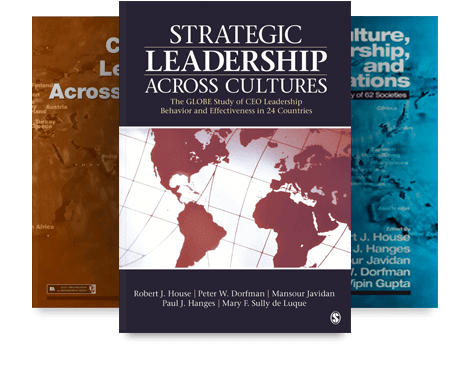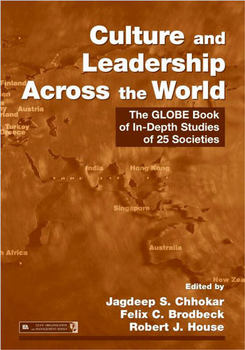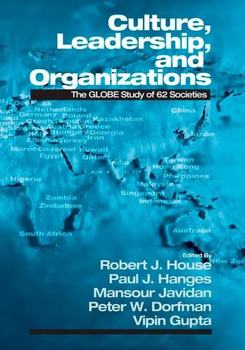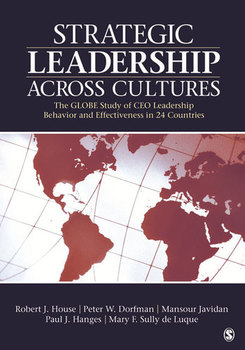Confucian Asia
China, Hong Kong, Japan, Singapore, South Korea, Taiwan
The GLOBE Confucian Asia cluster is comprised of China, Hong Kong, Singapore, Japan, South Korea, and Taiwan. The societies belonging to this cluster reflect relatively high scores of the societal cultural practice dimensions of Power Distance, Institutional and In-Group Collectivism. The scores on Performance Orientation are best characterized as high- medium but are noteworthy because they are among the highest scores of all culture clusters. The high Power Distance score indicates that the community accepts and endorses authority, power differentials, status privileges, and social inequality, and power is not expected to be distributed equally but is seen as providing social order and stability. The low scores on Gender Egalitarianism indicate a comparatively higher degree of gender inequality compared to most other culture clusters. The societal culture dimensions of Future Orientation and Uncertainty Avoidance are rated in the middle range but slightly higher than others. In general, the Confucian Asian societies are highly group and family-oriented indicating that individuals who belong to these societies take pride and loyalties in their families and organizations. The high Institutional Collectivism score suggests that these societies encourage collective distribution of resources and collective action. High Power Distance is characteristic of societies with unambiguous allocation of roles and rigid structure of relationships.
As for societal values (that is, what people in society believe should be), the Confucian Asia cluster desires more Performance Orientation, Future Orientation, and Humane Orientation. The societies in the cluster desire much less Power Distance than currently exists, but this desired level is still one of the two highest clusters on dimension. While it desires more Gender Egalitarianism, its value score is still below the average of the other clusters. This cluster also wishes to maintain about the same high level of In-Group Collectivism but a bit less Institutional Collectivism. In comparing the societal practices and values, as a whole, the societies in this cluster desire to decrease their level of power differentiation from that which presently exists but which is still higher than the other clusters. These societies do however, desire more reward and encouragement for performance excellence and prefer to be more future-oriented. They also want their members to be more kind, fair, friendly, and caring to each other. Moreover, these societies desire a lower level of male domination and gender role differences, but not as much as the average of other culture clusters. To avoid uncertainty in future events, they desire slightly higher levels of established norms, rituals, and bureaucratic practices.
In the Confucian Asia cluster, leadership dimensions viewed as contributing the most to outstanding leadership include Charismatic/Value-Based and Team-Oriented Leadership, yet these are viewed a bit less positively than the average of other clusters. Still, this indicates that these societies desire leaders who are somewhat visionary, inspirational, and decisive, possessing high levels of integrity and having high performance expectations. These societies also value team oriented leaders whose characteristics include developing outstanding teams and using their administrative and interpersonal skills to create cohesive working groups. While participative leadership is valued, it’s score is among the lowest of all culture clusters. The Humane-Oriented Leadership score for outstanding leadership is higher than most other clusters as is the Autonomous and Self-Protective Leadership. It is noteworthy that Self-Protective Leadership is seen in slightly less negative light than most other clusters; this includes leader attributes such as engaging in status conscious, face saving, and self-protective behaviors. In short, compared to the other clusters, the Confucian Asia cluster is ranked as one of the lowest scores on Participative Leadership but among the highest on Self-Protective Leadership dimensions. An example of an outstanding leader for the Confucian Asian cluster would be an individual who is performance-oriented, charismatic, and somewhat team-oriented but not particularly participative in their leadership style.
Culture Visualization
Leadership Visualization
GLOBE Books
The GLOBE books represent results from a twenty-year research program investigating the influence of culture on societal and organizational effectiveness. Our latest book showcases our examination of strategic leadership effectiveness for top-level management based on data from more than 1,000 CEOs and over 6,000 top-level managers in 24 countries.
View



